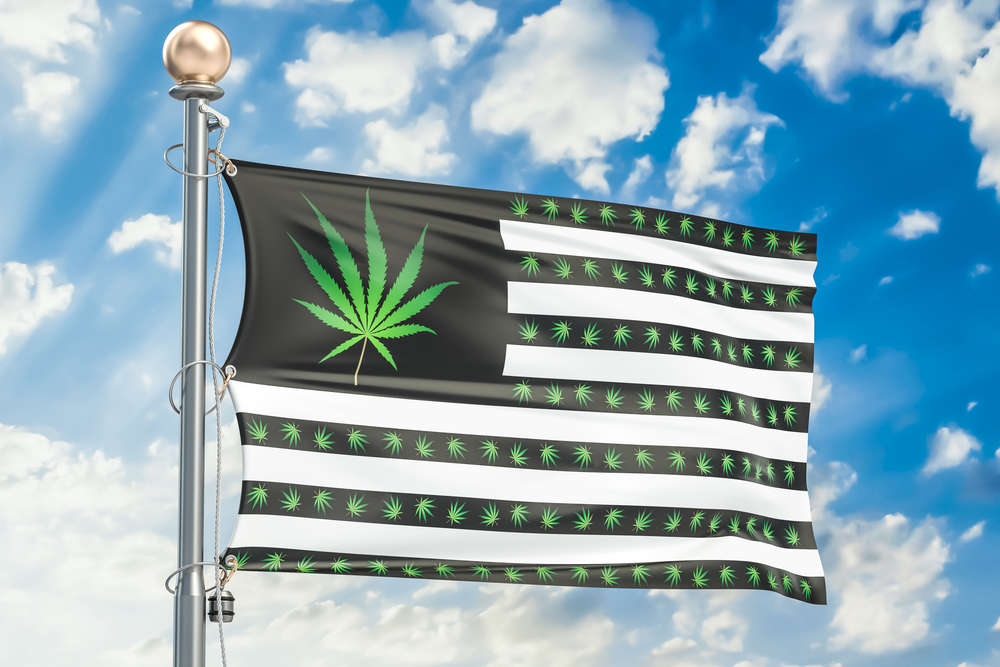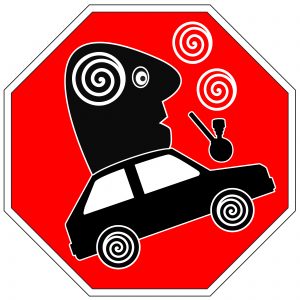Marijuana Legalization & The Challenges That Come With It
Posted 6 years ago by Sera

When medical marijuana was legalized for the first time in the USA in California over twenty years ago, there was nation-wide celebrations. And since then, the parties haven’t stopped. It’s taken the USA over two decades to get to its current legal standpoint: over fifty percent of states have legalized medical marijuana, and eight states have gone the whole nine yards. Everybody thought that weed legalization was the challenge – but the “more legal” it becomes in the USA, the more we are realizing that there are a lot of challenges that come with marijuana legalization.
There are obstacles on both sides. There are the ones moving forward with legalization – such as how do we get the federal government to agree? Then there are the ones we face now that we’ve legalized in some states – such as, how do we end the black market? The challenges that marijuana legalization faces are the result of what is essentially an entire paradigm shift in the USA. So much of how employers and law enforcers operate is based on prohibition and the consequence of legalization means… well… changing a lot of other things.
Federal agreement
One of the obvious challenges faced by marijuana activists and lobbyists is the federal standpoint. Until now, marijuana is illegal on a federal level. Getting the guys at the top to agree would move a lot of things forward, such as cover for health insurance. This is especially so after Jeff Sessions rescinded Obama’s protection against federal intervention on state marijuana law. This could be a huge challenge that marijuana faces moving forward.
Why is there still a black market?

While the black market might have dropped off a little since legalization, it doesn’t look like it wants to disappear. One of the biggest incentives for marijuana legalization was the imminent drop in crime and illegal trading of the herb. But as taxes increase to buy dispensary weed, a black market still thrives. In Colorado, the middle class is paying 30% tax on legal weed while the lower class are paying a “it’s more expensive in dispensaries” tax to illegal dealers. The same is true in California, where there are still illegal growing operations.
It’s a big thing to contend with for the marijuana industry and will probably require a lot of creativity. I mean, weed is recreationally legal in the aforementioned states. When we take a look at opioids, they are regulated pharmaceuticals, which basically begs for there to be a black market. If you can’t get a prescription, you can just as easily get a dealer. It might well be true that there’s always going to be a black market for someone who can make money off a very coveted herb. But if the marijuana industry wants to distinguish itself as one of the truly successful industries of the USA, it has to confront this challenge head-on.
Keeping stoners out of cars

Okay, this might be a tough pill to swallow for a lot of cannabis users. As much as there is nothing wrong with smoking pot, there might be something unsafe about smoking pot and driving. And for those who are reading this and thinking “not me”, at least allow the possibility that there is someone else who is incapacitated from driving when they are high.
So it’s important to advocate for responsible marijuana use. There needs to be a positive way to consume cannabis without making American highways dangerous. Until now, there is no real mechanism in place by law enforcement to keep stoned drivers off the road. And in legal states, a car that smells like pot doesn’t really cut it anymore.
Keeping grow ops green
It’s no secret how much power and water growing operations use, especially in states where the cannabis industry literally won’t stop expanding. The more there is a demand for legal marijuana, the more resources that are getting used to keep up the supply. This is something to think about for the marijuana industry.
What’s more than this is the ability to keep up with what went on during the growing process. More and more cannabis consumers are desiring a product that is contaminant free – meaning grown without pesticides. The more that customers demand this, the more the marijuana industry faces the challenge of finding a way to track and disclose this information.
Keeping weed out of the hands of minors

Sharing alcohol with minors is illegal in the USA, and if the marijuana industry wants to remain reputable, it has to enforce the same kind of legal code for pot. It is the sovereign right of anybody in the world to smoke marijuana or drink alcohol, but for some pretty important social reasons, it has to be limited to those who are considered adults.
State politicians and lawmakers face the public health challenge of keeping marijuana in the hands of adults and not teens. Having an answer to this kind of challenge is what keeps people off the fence when it comes to marijuana legalization.
All in all, marijuana has some pretty epic challenges to face to integrate itself completely into American law and lifestyle. But nothing that is outside of the realm of possibility. After all, the people of America fought from the unlikely sidelines of prohibition to make marijuana a real player in the legal game. And the marijuana industry seems to be very fond of challenges!